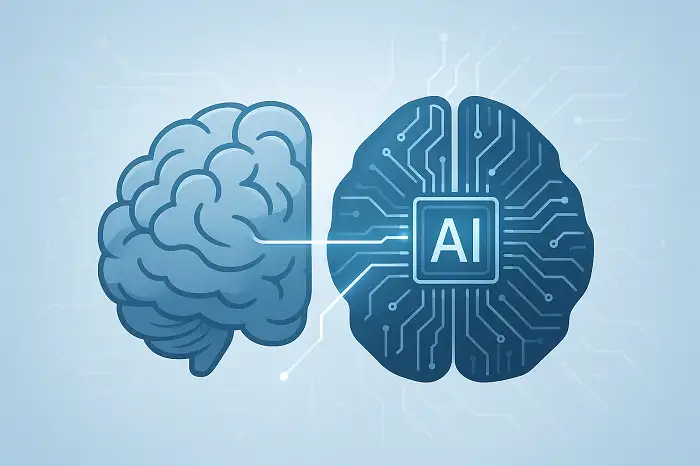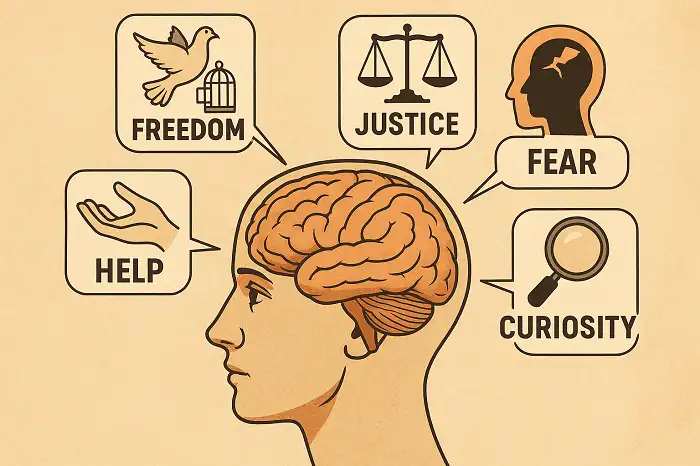IELTS Listening Practice Memory Improvement IELTS Listening Practice Memory Improvement About this activity This activity is labeled round table by Dr. Hariri, the creator and administrator of LELB Society. This activity is on the premise of Flipped Learning, according to which the students watch a video before the class, carry out research into the selected theme, and prepare themselves for an informed discussion in the class. This activity is on the basis of both synchronous and asynchronous computer-mediated communication (CMC), according to which the students are also encouraged to be active even before the class. In this flipped classroom activity, the students are encouraged to utilize the comment form at the bottom of the post to to exchange their questions, findings, and experiences with each ...
Home » Listening Practice in English » IELTS Listening Practice Memory Improvement

IELTS Listening Practice Memory Improvement
Updated: by Dr. Mohammad Hossein Hariri Asl
Time to Read: 5 minutes | 404 Views | 27 Comments on IELTS Listening Practice Memory Improvement
Share This Post
About the Author
Dr. Mohammad Hossein Hariri Asl is an English and Persian instructor, educator, researcher, inventor, published author, blogger, SEO expert, website developer, entrepreneur, and the creator of LELB Society. He's got a PhD in TEFL (Teaching English as a Foreign Language).
Number of Posts: 4242



What are the number brain exercises that skyrocket our concentration?
7. What are the number brain exercises that skyrocket our concentration?
Thank you for putting a number before your question.
There are several brain exercises that can significantly boost concentration:
1. Mindfulness Meditation: This practice helps improve attention and focus by training your mind to stay present.
2. Puzzles and Brain Games: Activities like crosswords, and chess enhance cognitive skills and concentration.
3. Memory Exercises: Techniques such as mnemonic devices, visualization, and repetition improve memory and focus.
4. Reading and Learning: Regular reading and acquiring new skills or knowledge engage and sharpen the mind.
5. Physical Exercise: Aerobic activities like running or yoga enhance brain function and concentration.
Hello Dr Hariri and appreciate for embedding such useful video.
I myself have had some experiences with 2 solutions -those the video has mentioned- to memorise new words: by utilising tape recorder and listen to it several times. Despite memorising those new terms, I learn how to accents and pronounce them which make me more confidente in communications.
The second one is visualising. When I see a movie or play, it is easier to memorise words. Because during the show, I encounter with several parts that make the show spectacular such as playing, music, costume, stage design, singing, etc. Each of these could help me to remember the content of the show. Even though I forget dialogues, I can remember the content and the picture, and I need to search through dictionary to find it. It means, at least I interpret the meaning and am not zero. By this, I won’t forget the king’s speech once the king has hiccups due to visualising his picture during the movie.
Generally, for me, it is not easy to memorise new words. I need to repeat and hear them a lot. These are only my experiences that I thought to share with you.
Thank you
Hi dear @Mojgan. I’m glad you’ve liked the video.
Using a voice recorder can also give you this exceptional chance to evaluate your own language products, in terms of intonation, pronunciation, etc.
About watching movies, I do agree with you because; on the other side, you automatically develop empathy with the characters of the story, which per se facilitates learning and memorization.
In sum, great experiences! Thank you so much for sharing them with us.
6. What is the meaning of cheerios?
“Cheerios” can refer to a couple of things:
1. Cheerios Cereal: A popular breakfast cereal made from whole grain oats, known for its distinctive O-shaped pieces. It’s often marketed as a healthy, low-sugar option.
2. Cheerio (British English): A friendly, informal way of saying goodbye or farewell.
Are you referring to the cereal or the British expression? Both are quite charming in their own ways!
5. Why is not force memorization effective?
Forceful memorization, often called rote memorization, is not very effective because it focuses solely on repetition without understanding the underlying concepts or creating meaningful connections. This method can lead to shallow learning, where information is quickly forgotten because it hasn’t been integrated into long-term memory. Without context or deeper comprehension, it’s harder for the brain to retain and recall the information later. Effective learning involves active engagement, such as making associations, understanding the material’s relevance, and applying it in different contexts, which promotes better retention and recall.
4. What is interference topic technique?
It is switch attention from one topic to another.
3. How nail words could help people to recall things?
This technique is to nail one learn thing to another
Corrections:
to nail one thing to learn to another
2. How can you make use of the serial position effect?
As I understood by the serial position effect I need to highlight words in abstract and conclusion more than middle parts. Do I get it right?
recall instead of highlight
Actually, this technique refers to learning the most important information initially and at the end of any memorization effort because our brains function much better at these specified time periods.
Well, not exactly. In fact, serial position effect simply puts the spotlight on the very beginning and end of what you are learning. As a result, you should prioritize the most important information to digest and try to learn it at the outset and end of any learning cycle.
1. Why do we forget things?
First of all, to learn new languages we need to plant new words and play with them in different dimensions such a kid. Cultivate novel ideas and let them grow to our mind. Touch new lifestyle and study about them. But the most important thing is that as Ibn-e-Khaldoon in 5th century said “to learn new language you have to be in that situation” (recited from my memory during education.
Sorry, I am English learner like you. your question reminded me why I forget new words? and made me write these words.
That’s exactly true. When it comes to language learning, you have this privilege to use the language practically when you live in a place where the language is spoken by the majority of the people. That is also the difference between “second language” and “foreign” language learning. The former refers to learning another language apart from your mother tongue in a context where the language is spoken in the society and not necessarily in the class. However, in the latter, the language is only spoken or practiced in academic or educational contexts, such as classes.
Thank you for explanation. I would like to know more about these differences if it is possible.
Certainly. You might find the information on this post useful:
https://lelb.net/second-language-acquisition-tesl-issues/
Our brain has a limit space for storing information so it protect us from overloading information and eliminate information that not use frequently.
Corrections:
* Limited space
* it protect”s”
* that not use frequently ➡ that is not used frequently